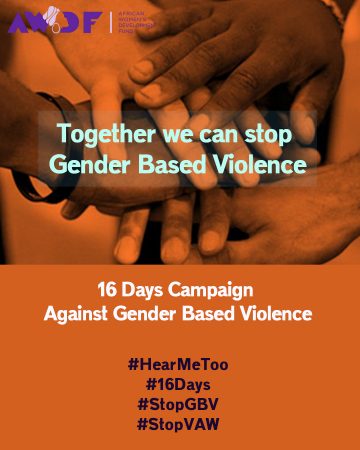
By Nana Akosua Hanson
Imagine this: You are walking through a busy street and everybody keeps grabbing at your body parts. You speak up, but you are shut down. You have no right to open your mouth, they say. They grab you some more. Your body is in pain, so you are in pain. It is such an awkward mind space; feeling the pain of a body that hurts because you carry that body, you own it. It belongs to you, and yet all these people who do not share in the pain of this body claim ownership of it. And they would kill you to make that point. Welcome to Patriarchy.
In Ghana, during the second half of the 90s, the first of the serial killings was traced to Kumasi. Akua Serwaa was found dead near the Kumasi Sports Stadium. The killings spread to Accra. Thirty-three more women were found dead in various states of mutilation and undress. The Accra Strangler became famous. In 2000, four men were standing trial for killing their partners. Seven women at least had been killed in the span of two weeks by their partners over alleged infidelities. These occurrences were not new. The style was familiar. The late 90s and early 2000s was Ghana’s Jack-the-Ripper moment. It played out to a chorus of fury and fear, the ruling government’s insensitivity in politicising Ghanaian women’s murders, and the lack of interest and urgency by the Ghana Police.
In Uganda, it was twenty women in four months. In South Africa, it is three women a day. Same script.
These women were sex workers, loving partners, traders, human beings with hopes and dreams, who had children, and people who loved them, but before everything else, they were Women.
I often think about the nature of patriarchy. Oppressive systems are made up of human beings. Human beings project beyond themselves, unify those projected ideas and from hence, come the establishment of a system. Patriarchy is a unified projection of our hate. In my life, this hate moves from irritating to downright scary. It is frightening to contemplate how grossly hateful a system can be that a by-product of its hate is an outburst of women-killings by a single-minded, hateful man or several groups of hateful men. It is downright scary when you are hit with the horror of the reality of a system that from birth hammers in a language of gender inequality, empowers this inequality by creating “divine” justification and systematises it such that its continuous existence is assured. This is downright scary.
But I have learnt to keep reminding myself to appreciate the many examples of hope that constantly surround us. These are reminders that there is a strong force of goodness in all of this hate and the unification of that projected strong force of love would also soon birth a loving world where people are not targeted because of their gender, sexuality class, ethnicity, race or any category used to create violent rifts because of differences.
Today marks the International Day for the Elimination of Violence against Women. As we commemorate this very first day in our 16 Days of Activism Against Gender Based Violence, let us be reminded about the hope of this day, of this time. My many cards of hope today are the thousands of women who marched through the streets of Accra on April 6th 2002, spoke truth to power and demanded the serial killings stopped and they did.
My special card of hope is that our activism against patriarchy and its consequent violence has come to live and thrive beyond just 16 days, and because of this, every new day brings us closer to a world free from patriarchy and free from Gender Based Violence. Just Imagine.
